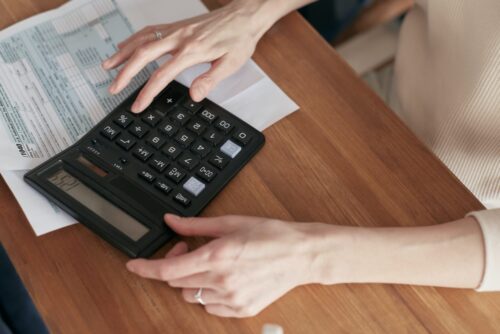
Divorce is not just emotionally challenging, but it can be financially challenging as well. This is why you must take the proper steps during and after your divorce to become financially independent from your spouse and their debts. Continue reading to learn what you should do to protect your credit and how an experienced Nassau County contested divorce lawyer at Barrows Levy PLLC can help you in doing so.
How can I protect my credit with my divorce?
Above all else, you must understand your financial responsibilities with your divorce. For one, your divorce does not affect your responsibility to pay off joint debt. That is, if you co-signed a credit card with your spouse, you are still legally liable for all the debts incurred on the card. If you ignore this fact, then your credit score will be negatively impacted.
So, you and your spouse must document any and all your financial obligations incurred during the marriage, such as mortgages, credit card accounts, medical bills, student loans, etc. Then, you must outline what you owe for each account, whose name is on each account, and whether any of them are past due. From here, if paying off any of these joint accounts is not possible, you must convert them to individual accounts and designate them accordingly.
It is also important to note that your divorce decree will not appear on your credit report and therefore will not affect your agreements with any lenders or card issuers. So, you must negotiate with lenders for a modified payment plan until you get back on track.
What other ways can I protect my credit with my divorce?
You may not believe this as a possibility, but there have been some instances in which a spouse intentionally attempts to ruin the other’s finances in the event of divorce (i.e., draining a joint checking account).
So, to protect yourself from this, you must open a checking account in your own name and start depositing your paychecks into that account. And, if you haven’t already, you should start building your own credit by applying for a low-limit credit card and gradually increasing the limit. Lastly, you should change the PINs on your debit cards and the passwords on all your bank account websites to ensure that your spouse cannot access your financial information.
For more advice on how to land on your feet financially with your divorce, consult with one of the skilled divorce attorneys in Nassau County today.
CONTACT OUR EXPERIENCED NEW YORK FIRM
If you need a Nassau County lawyer who has significant experience handling family and estate planning matters, contact Barrows Levy PLLC to schedule a consultation with one of our experienced attorneys today.